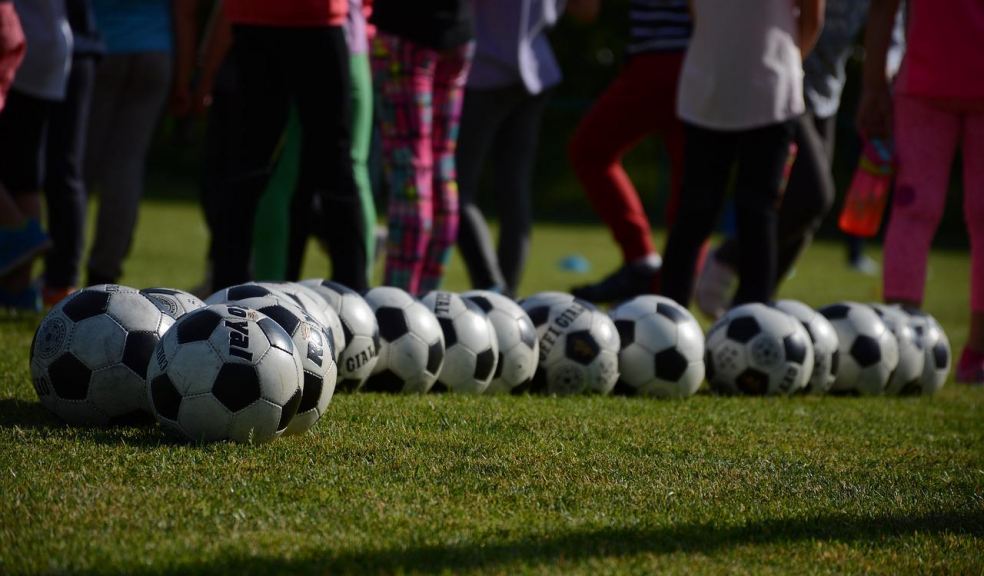
Benefits of extracurricular activities for children
Many children take part in extracurricular activities after school or at the weekend. Whether they’re learning a skill, engaging in physical exercise or creating, taking part in hobbies outside of education can be hugely beneficial for many reasons.
A UK government report from 2019 suggests that extracurricular activities, such as sports, are essential for improving the life chances of disadvantaged young people.
We’ll explore why they’re important for every young person and take a look at some of the options when it comes to choosing an extracurricular activity for your child.
Why are extracurricular activities beneficial for children?
Education teaches children many essential skills but not all young people flourish in an academic setting. Taking part in other activities can be beneficial for many reasons:
- Build confidence and self-esteem – learning and advancing a skill can encourage confidence in children and increase their self-esteem, particularly if they have a challenging time in an educational setting.
- Meeting likeminded kids – children often form friendships from their extracurricular activities, sharing interests and hobbies which enable them to build on social skills.
- Learn to manage time – with aspects such as school, homework and social time to think about, taking part in a weekly activity can help children understand the importance of organisation and responsibility.
- Fosters creativity – many activities, such as learning a musical instrument, allow children to harness their creativity.
- Stand out on university applications – higher education institutes look favourably on those who take part in clubs, sports or hobbies in their spare time due to the skills required.
What activities could you enrol your child in?
It’s important to discover ask what your child is interested in and not force them into activities simply to suit you. There are plenty of options to explore, including:
- Sports – this could be anything from football or rugby to ice hockey, cricket or tennis.
- Computer or programming classes – learning to code is a great way for children to develop a wide range of skills and it will prepare them for a career in technology.
- Dance or drama – many classes combine the two and they allow children the opportunity to be creative and work collectively as a group.
- Debate clubs – if your child is interested in politics or society, a debate club will give them the chance to voice their opinions as well as learn how to interact with others.
- Music lessons – this cold be learning to play an instrument or taking part in singing lessons.
There are plenty of other opportunities for extracurricular activities and it’s worth checking in your area to see what’s available. Local leisure centres, parks and community centres often hold a variety of classes and sessions for young people of all ages.











